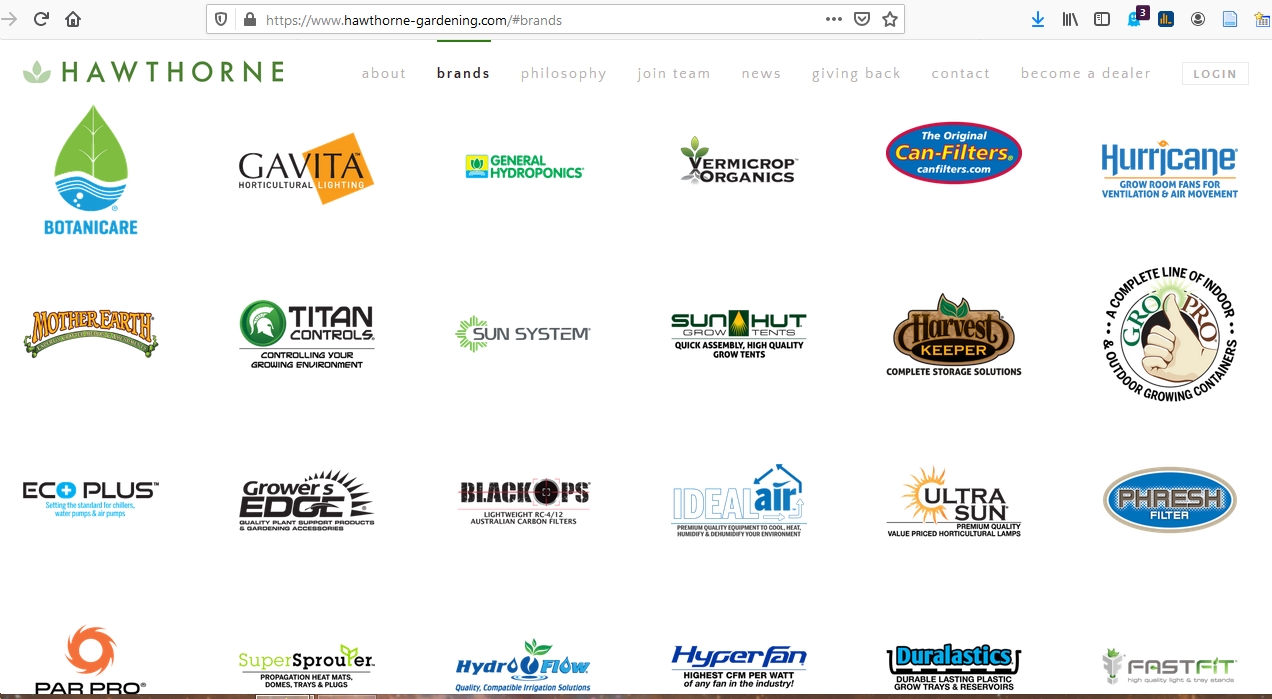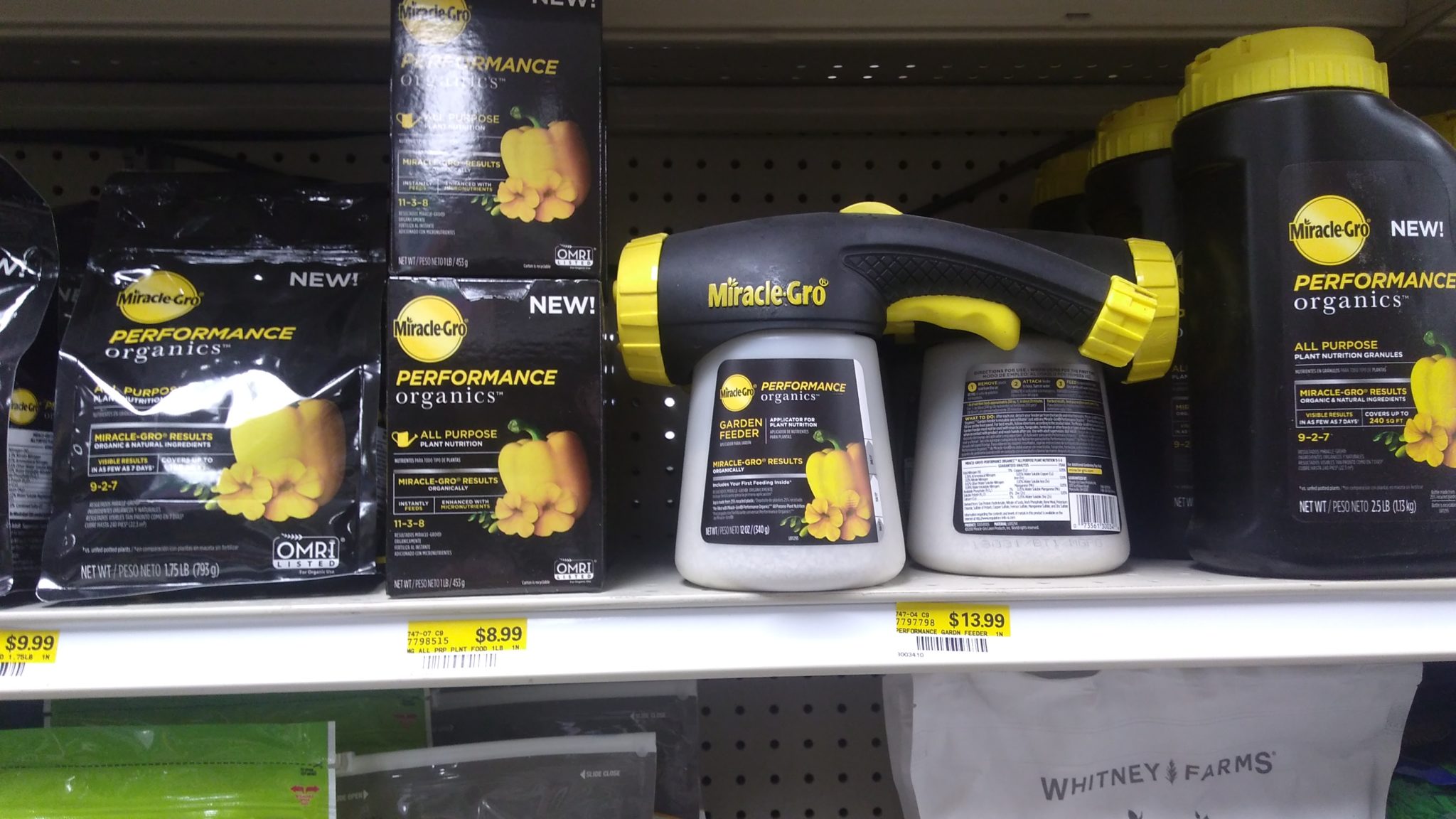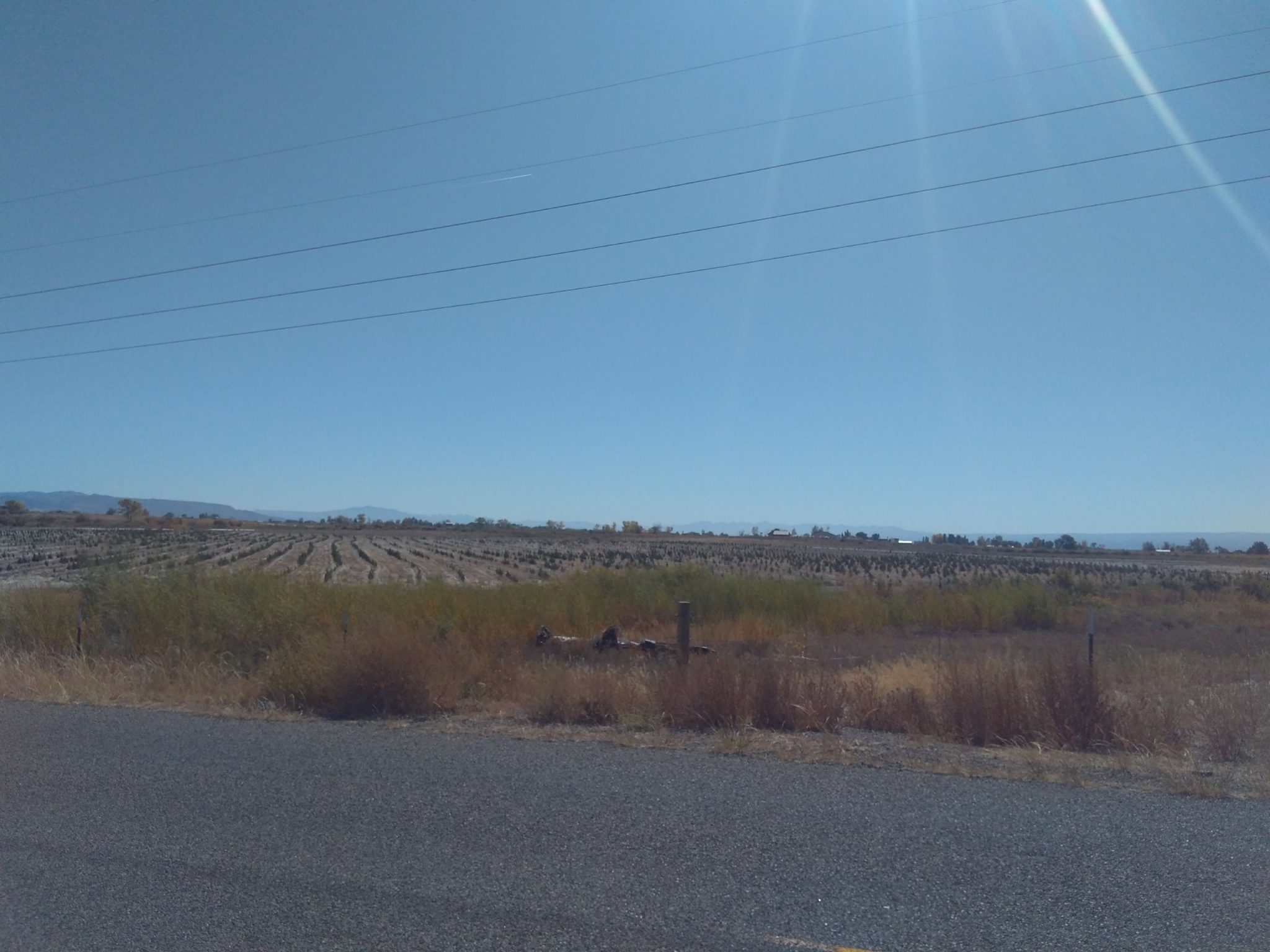What Competition Does Your Project Have?
If you are Farming or Ranching, your competition could be
- Pests,
- Neighboring Farm’s Produce, Pollen or Product,
- Weather / Elements / Environmental Conditions,
- Regulations,
- Pathogenic Bacteria or Pathogenic Fungal Activity,
- Parasites, both Environmental and Financial,
- Poor Seed / Clone Stock
Who’s effort is going to go into responding to your competition?
The number one item missing in most “cannabis start up” check lists, is proper due diligence.
This is true for both small scale grows in closets or tents, all the way up to full scale open field crops.
The image pictured above is from early September, 2019 in Delta County Colorado, where due diligence was not performed properly about soil conditions and strain strength in alkaline soil.
Definition of due diligence:
1) law : the care that a reasonable person exercises to avoid harm to other persons or their property
example: The defendant failed to exercise due diligence in trying to prevent the accident.2) business : research and analysis of a company or organization done in preparation for a business transaction (such as a corporate merger or purchase of securities)
Doing Your Due Diligence
Due diligence has been used since at least the mid-fifteenth century in the literal sense “requisite effort.” Centuries later, the phrase developed a legal meaning, namely, “the care that a reasonable person takes to avoid harm to other persons or their property”; in this sense, it is synonymous with another legal term, ordinary care. More recently, due diligence has extended its reach into business contexts, signifying the research a company performs before engaging in a financial transaction. This meaning may also apply to individuals: people are often advised to perform their due diligence before buying a house, signing a loan, or making any important purchase.
This website, globalbio.me, is an exercise in due diligence for any entity wishing to explore, the now trendy cannabis space, which is a moral waste bin; full of corporations making millions of dollars from a plant, which are dependent on patients, recreational partakers, and ridiculous regulations that serve to keep the market grey enough to bolster prices, demand, and supply, all the while, humans are in cages currently for not having the right permission slips, having too much plant and not enough paper, or the human is not sick enough for possessing cannabis.
As a patient with daily medical concerns about how my health will allow me to participate in life, I depend on nature, the earth, living soil, to give me food, and medicine. I like to know what goes into my garden soil, there for my plants, ultimately into my body either in food or ingesting cannabis, fungi, and roots for physiological homeostasis.
Most people want to know what goes into their food and cannabis. Food and Cannabis companies, producers, grow operations, farms, ranches and industrial hemp operations should be no different. In many contexts, that is what due diligence in the cannabis space is about.
There are businesses, such as one that starts with an H and ends in a thorne, that supply a great deal of grow equipment to the cannabis community. They own 44 brands, some of the most well known names in the agriculture supply market.


“Hawthorne Gardening Company, formed in October 2014,[1] is The Scotts Miracle-Gro Company’s subsidiary for cannabis growers and one of the first major investments by a major United States corporation in the cannabis industry.[2]
Hawthorne Gardening was created “to meet the demands of hydroponic growers (a.k.a. cannabis growers) … [it] markets itself [to them] using language that’s in line with the free-spirited, artisanal cannabis farmer.”[3] The business made its first cannabis-related investment in April 2015, when it bought General Hydroponics, a 35-year old liquid nutrient maker, called by High Times “the standard for hydroponic growers”.[1] After the 2015 purchase, a Hawthorne executive told the press, “the lion’s share of General Hydroponics business in North America is cannabis growers”.[4] Scotts’ CEO decided to spin off a cannabis business after a 2013 visit to a garden store in Yakima, Washington with a large section of hydroponic equipment.[5] According to Forbes, Scotts had invested more than $250 million in the subsidiary by mid 2016.[5] In March 2018, the Hawthorne Gardening Company and The Flowr Corporation (a Canadian Licensed Producer of medical cannabis) announced an R&D partnership, building North America’s first dedicated facility for cannabis research and development.[6]”
It is a mystery why people would support Miracle Gro, or Scott’s or any of the products that came from the same company that makes RoundUP.

But, here we are in a market where large businesses dominate the agriculture communities. The chemical industry comes from processing petroleum bi-products and needing a market to sell their synthetic toxins or toxic cocktails to, the agriculture and gardening industry was one of their sectors.
Putting synthetic chemicals into soil has never sounded safe, nor has supporting businesses that do promote manufacturing, selling, or using chemicals like RoundUP. This industrial boiler de-scaler chemical, patented first in 1961-64, and then introduced into the agriculture community to prevent “malaria, in 1974” would target insects for other chemical use. (Thank you Gro-Kashi and Probiotic Farmers Supply for this helpful insight)
Glyphosate formulations and their use for the inhibition of 5-enolpyruvylshikimate-3-phosphate synthase
Abstract
Protozoan parasites of the phylum Apicomplexa include some of the most important causative agents of human and animal diseases, in particular, malaria. The discovery that an organelle found inside parasites of this phylum probably stems from a plastid of plant origin has stimulated research on the effect of chemical herbicidal agents on Apicomplexa. Importantly, the growth of these parasites can be inhibited by the herbicide glyphosate, suggesting that the shikimate pathway will make a good target for the development of new anti-parasite agents. The present invention discloses the use of the herbicidal agent glyphosate in combination with the polyvalent anion oxalic acid for the prevention and therapy of these pathogenic infections.
Getting back to this due diligence effort in cannabis, as illustrated above, there should be some DO’s and DO NOT’s on every growers list when planning to grow plants.
DO’s:
1) Know your seed source. Heirloom Genetics, and Organically Grown seeds are ideal.
2) Know your grow medium. Every grower should know their water source, with tests as well as daily pH.
If one is doing an open field crop, get soil tests every 6 rows or so, and every football field length down the row, plot another sample. Mark your grid accordingly and match up soil sample results in your marked grid.
If one is doing a small tent grow with hydroponics, know your inputs, as well as water source, and have flood tables installed that hold your entire gallon(s) supply with ample room.
3) Know your plants grow schedule, and light requirements.
Outside growers should be prepared to offer vegetative lighting early for sprouting seedlings or maturing clones before field propagation. Soil should be prepared in the field as well, to match the medium in seedling or clone pots as much as possible.
Inside growers should be mimicking the equatorial sun patterns that match up with the lineage of where their strain comes from. Example: Kush strain growers lighting schedule should be on 14.5 hour max days with a 9.5 hour short day.
DO NOT’s:
1) Do NOT buy products from big pharma, ie: Bayer, the maker of RoundUP. 44 brands listed above.
2) Do NOT expect to get rich quick from any plant crop.
3) Do NOT pollute the earth, our water, or our animal life with your poor skills at gardening.
